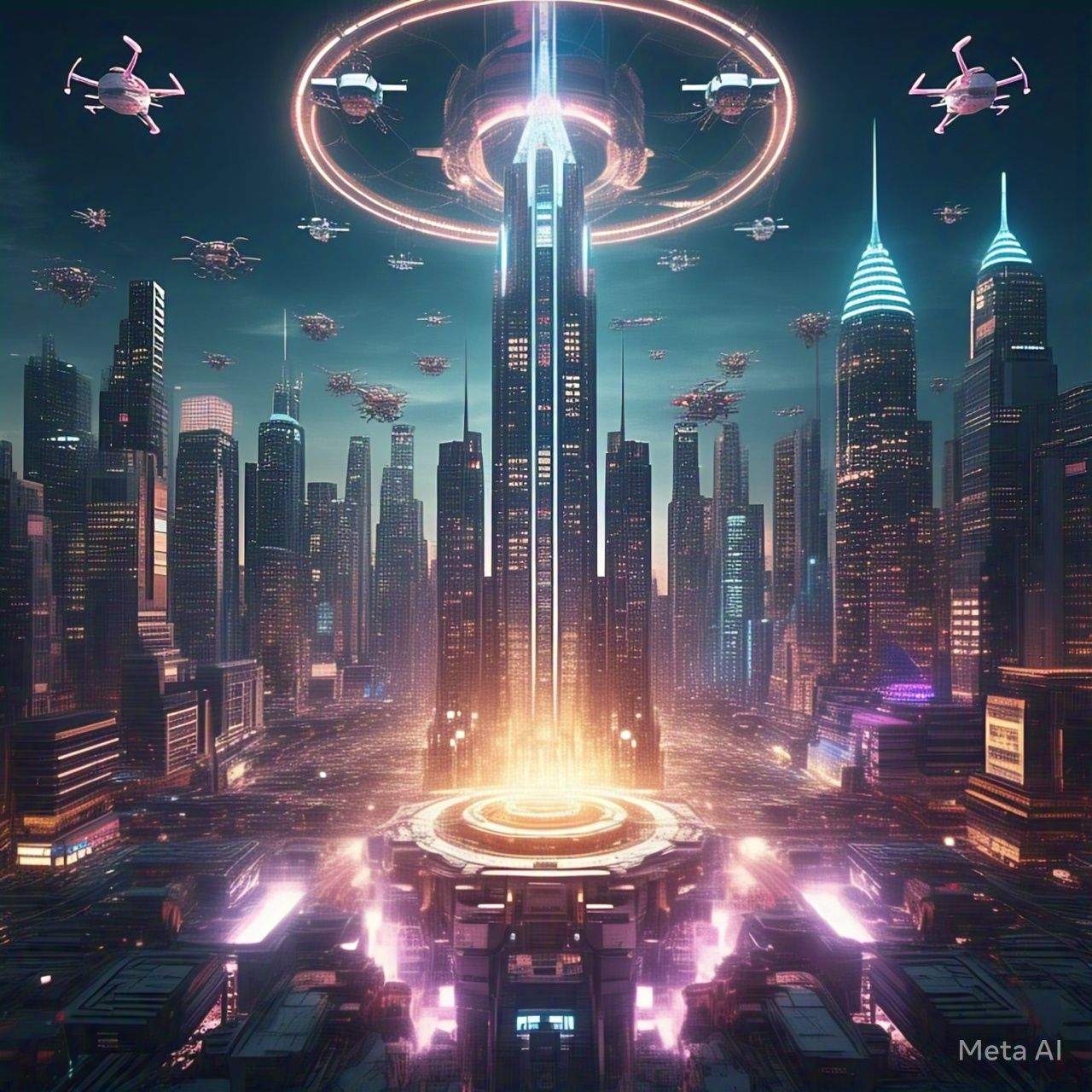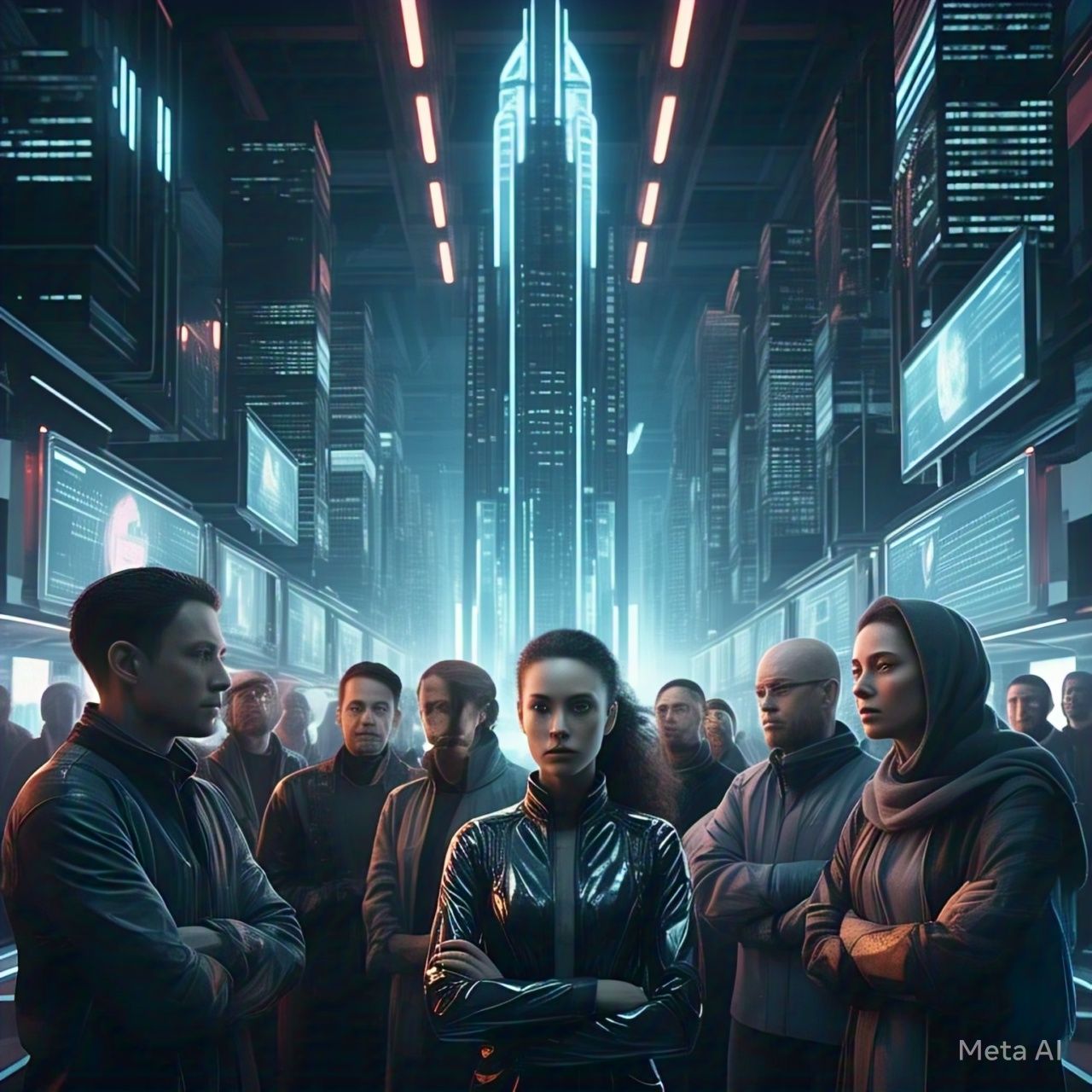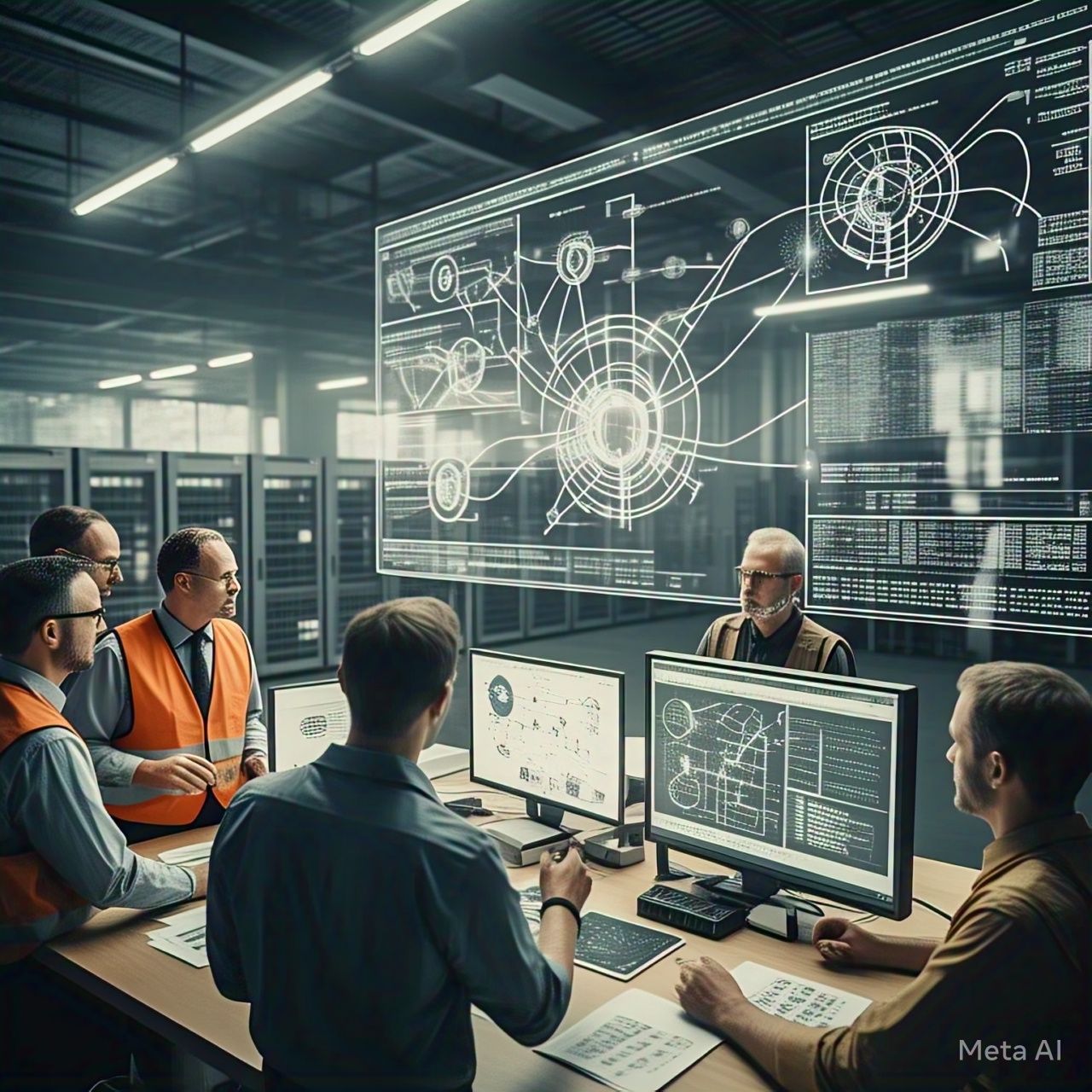Artificial Intelligence (AI) has evolved from a futuristic concept to an integral part of our daily lives. From smart assistants like Siri and Alexa to advanced machine learning algorithms revolutionizing healthcare, AI is shaping the future. As businesses, industries, and individuals embrace this technology, its impact is becoming increasingly profound.
The Evolution of Artificial Intelligence
AI has come a long way since its inception in the 1950s. Early AI models were limited in their capabilities, focusing primarily on rule-based systems. However, the advent of machine learning and deep learning has propelled AI to new heights. Today, AI systems can analyze massive amounts of data, recognize patterns, and make decisions with minimal human intervention.
Key milestones in AI development include:
- The creation of expert systems in the 1970s.
- The rise of neural networks in the 1980s and 1990s.
- Breakthroughs in deep learning in the 2010s, enabling applications like image recognition and natural language processing (NLP).
How AI is Transforming Industries
1. Healthcare
AI is playing a crucial role in diagnosing diseases, personalizing treatments, and even discovering new drugs. Algorithms can analyze medical images, detect anomalies, and assist doctors in making more accurate diagnoses. AI-powered chatbots are also helping patients receive immediate medical advice.
2. Finance
Financial institutions leverage AI for fraud detection, risk assessment, and algorithmic trading. AI-driven chatbots and virtual assistants improve customer service, while predictive analytics help businesses make informed investment decisions.
3. Retail and E-commerce
AI enhances customer experiences through personalized recommendations, chatbots, and efficient inventory management. Companies like Amazon and Netflix use AI to analyze user behavior and suggest products or content tailored to individual preferences.
4. Transportation and Autonomous Vehicles
Self-driving cars are becoming a reality, thanks to AI-powered vision systems and real-time data processing. AI is also optimizing traffic management, reducing congestion, and improving public transportation efficiency.
5. Manufacturing
Automation powered by AI has increased efficiency in manufacturing. Robots handle repetitive tasks with precision, reducing human error and production costs. Predictive maintenance uses AI to foresee equipment failures before they happen.
The Ethical and Social Implications of AI
As AI becomes more advanced, ethical concerns emerge. Issues such as job displacement, privacy concerns, and bias in AI decision-making require careful consideration. Governments and organizations are working towards responsible AI development to ensure fairness, transparency, and security.
The Future of AI
The future of AI is promising, with advancements in quantum computing, AI-human collaboration, and ethical AI governance on the horizon. As AI continues to evolve, it will drive innovation, improve efficiency, and unlock new opportunities across various sectors.
Conclusion
Artificial Intelligence is no longer a concept of the future—it is shaping our present. From healthcare to finance, transportation to retail, AI is revolutionizing the way we live and work. As we embrace this technology, it is essential to address ethical concerns and ensure that AI benefits humanity as a whole. The AI-driven transformation is just beginning, and its potential is limitless.




